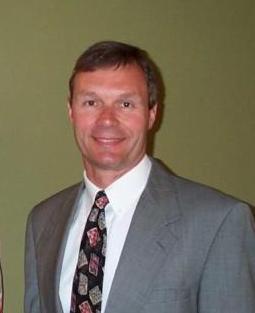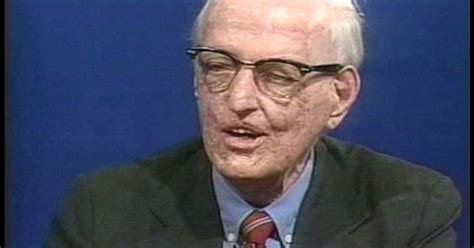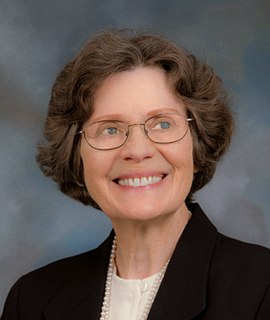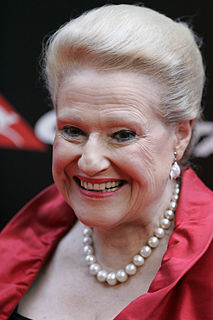A Quote by Oren Etzioni
When there are hiring decisions and promotion decisions to be made, people are hungry for data.
Related Quotes
I'm a very good decision maker because I have core set of principles and so I can make decisions. Decisions can be very hard and you have to wrestle with them, but I'm able to get all the data on the table and figure out what would be the best decision because decisions mean ill for some people and mean positives for others.
In their zeal for particular kinds of decisions to be made, those with the vision of the anointed seldom consider the nature of the: process: by which decisions are made. Often what they propose amounts to third-party decision making by people who pay no cost for being wrong-surely one of the least promising ways of reaching decisions satisfactory to those who must live with the consequences.
Most of us think that decisions such as where shall I live, with whom shall I partner, what shall I pick as a career for my life are the most important decisions that we make. But from the point of view of the universe these decisions are not that important. Within you, you have already made decisions about who you are, what the universe is and how you will relate to other people and how you will relate to the universe and these decisions are creating consequences in your life moment by moment.
A hundred years ago-even 20 or 30 years ago-it was possible, if not always easy, to close major business by calling on and satisfying a key decision-maker. Today, every piece of business entails multiple decisions, and those decisions are virtually never made by the same person. Not only do you have to contend with multiple decisions, but the people who make those decisions may not even work in the same place.



































